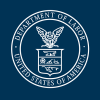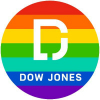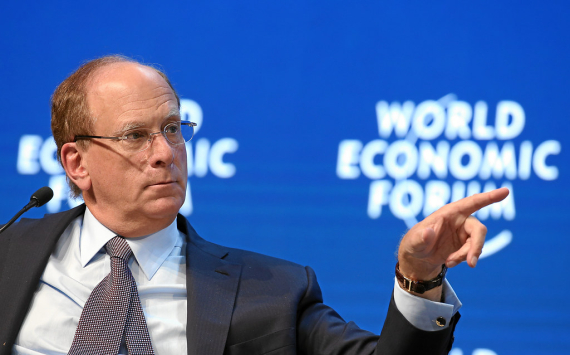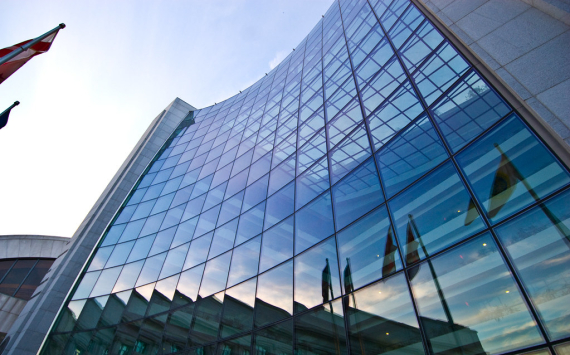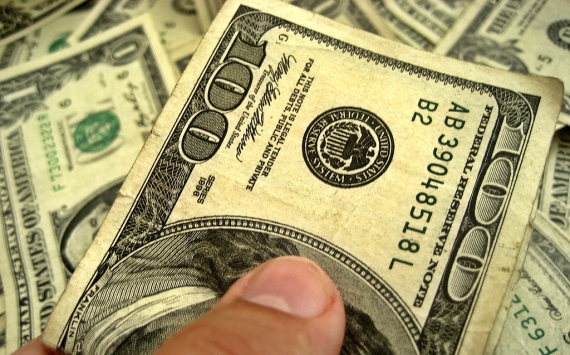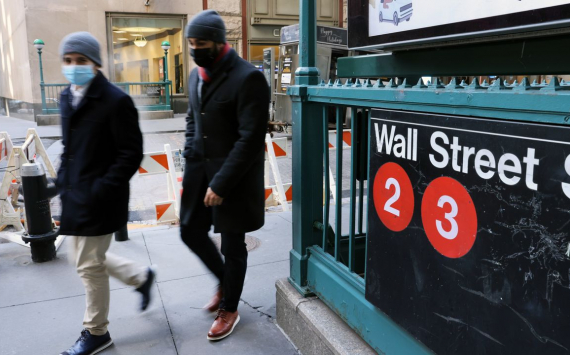
Inflation rises
The US Department of Labour said on Wednesday that consumer prices rose 0.5% last month, slowing down from June's 0.9% increase. Economists' forecasts came true.
The release of US inflation data for July was the key event for financial markets this week. Overall, economists' forecasts came true and the major indices S&P 500, Dow Jones and Nasdaq Composite rose in early trading on Wednesday.
The US Department of Labor reported a 0.5% increase in the consumer price index, after rising 0.9% in June. Compared to last year's values, the consumer price index rose 5.4%. The so-called core inflation, an index of consumer prices excluding volatile food and energy prices, rose 0.3% after rising 0.9% in June. Core inflation in the US rose 4.3% over the last 12 months, after rising 4.5% in June.
According to the US Bureau of Labour Statistics, the biggest increase in prices was for used cars, up 0.2% in July, much less than the 10.5% jump in June, but compared to prices a year ago, the increase was more than 40%.
Price indicators for food, energy, housing and new cars also contributed to the July increase in inflation. Airfares and car insurance costs declined.
According to July data, US consumers are facing higher prices for dining out, groceries and personal care products. Due to a shortage of workers at restaurants and cafes, prices there rose 0.8% in July.
Many companies have already raised consumer prices to offset higher material and manufacturing costs, including Colgate-Palmolive Co., Procter Gamble Co. and Kimberly-Clark Corp.
Low interest rates and a government bailout of nearly $6 trillion have also boosted demand, leading to increased price pressures.
Fed Chairman Jerome Powell said that the central bank continues to view the current high inflation figures as temporary, although he acknowledged that they may persist longer than previously expected by policymakers. Sustained inflation could make it difficult for Biden to secure congressional support for another major $3.5 trillion social spending bill after the trillions of dollars in tax breaks already put into the economy since the pandemic began and Tuesday's approval of a $1 trillion long-term infrastructure bill.





